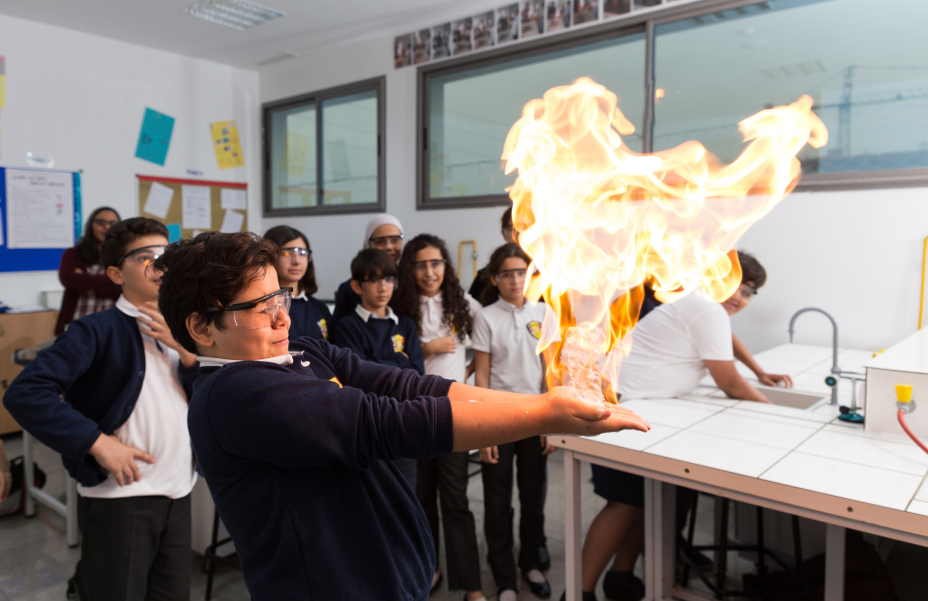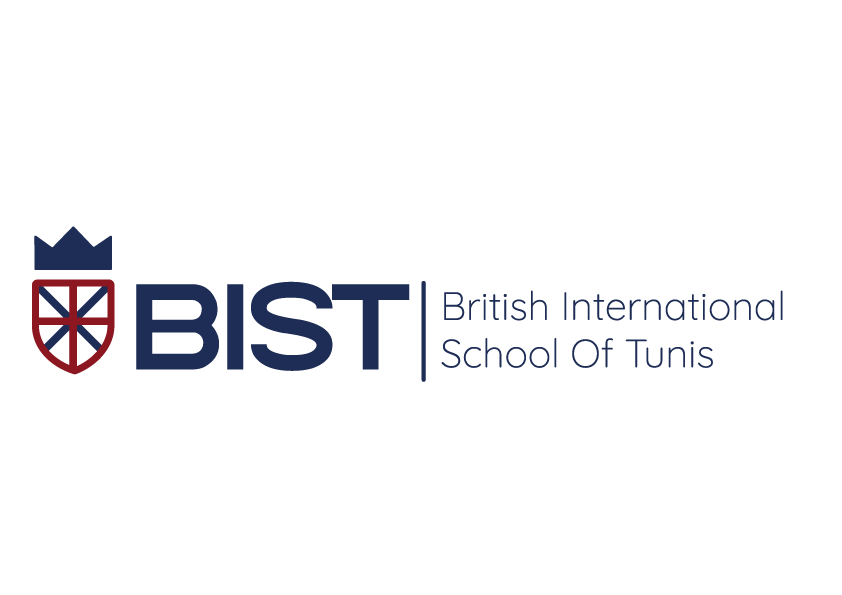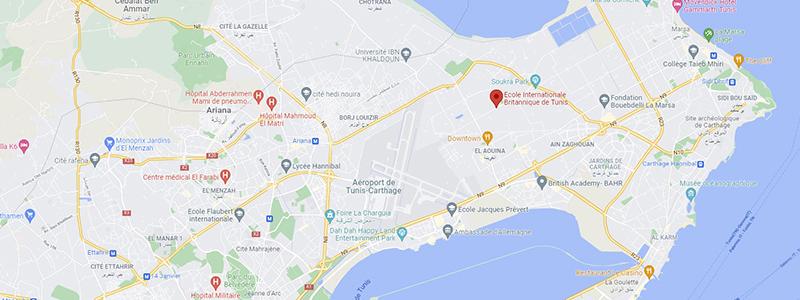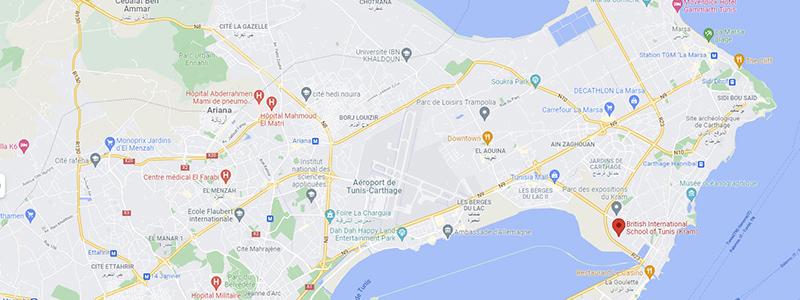The BIST way
The Cambridge Assessment
available in Tunisia

What is the Cambridge Assessment?
BIST Secondary works with Cambridge Assessment to build our Education Programme shaping young learners for life. Cambridge English Qualifications are in-depth exams that make learning English enjoyable, effective and rewarding.
Cambridge English exams are recognised by over 25,000 universities, employers and governments around the world. Cambridge English language tests can pave the way to higher education, facilitate employment opportunities, and because they are globally recognised, can increase your choices for study or work.

How do pupils benefit from Cambridge Pathway?
Cambridge Pathway prepares students for life – helping them to develop an informed curiosity and lasting passion for learning. It helps pupils develop thinking and learning skills – ready to tackle the demands of tomorrow’s world, capable of shaping a better world for the future.
That’s why success with Cambridge opens doors to the world’s best universities – in the US, the UK, Australia, Canada and beyond. It’s what you’d expect from an organisation that is part of the world-leading University of Cambridge.

What do our pupils study?
We want each pupil to fulfil their potential and make the most of their strengths and interests.
So we offer a wide range of subjects and let every pupil choose the subjects they love and the subjects they’re best at. We design programmes – with the help of expert educators in schools and universities – to challenge pupils, and get them excited about what they’re learning. They learn about the key concepts of each subject in depth, so they understand them inside and out.
Cambrige Pathway programmes are flexible, so teachers can use examples that are relevant to pupils’ local context and culture. Pupils learn in English, and our assessment is accessible to speakers of English as a second or foreign language.

How does it work?
When we design our programmes, we start by identifying what a pupil needs to learn.
Pupils have to demonstrate understanding and the core knowledge of a subject, as well as think critically. Exams are there to recognise, reward and encourage learning. The Cambridge Pathway takes them on a journey through Cambridge Lower Secondary, Cambridge IGCSE and Cambridge International AS & A Level.
Pupils can join at any stage. The curriculum in each stage has aims and objectives that support students to become confident, responsible, reflective, innovative and engaged. These are the attributes of Cambridge learners.
Cambridge Pathway: structure of learning
| Stage | Typical Duration | Typical Age Range |
|---|---|---|
| Cambridge Lower Secondary | ||
| Students develop skills and understanding in 11 subjects including English, Mathematics and Science. Progression tests help teachers check their progress. | Three Years | 11-14 Years |
| Cambridge IGCSE | ||
| Students build a broad learning programme from a range of chosen subjects. In each subject, they work towards Cambridge IGCSE, the world's most popular international qualification, for 14 to 16 year olds. | Two Years | 14-16 Years |
| Cambridge International AS and A Level | ||
| Students develop the deep understanding and thinking skills they need for university. They work towards Cambridge International AS & A Level qualifications - giving them the choice to specialise, or study from a range of diverse subjects. | Two Years | 16-19 Years |

Preparing Pupils for Life
Success in Cambridge qualifications often gives pupils admission to the world’s best universities – in the US, Australia, Canada, Germany and beyond. Cambridge qualifications are accepted and valued by universities around the world, including MIT, Harvard and Cambridge.
They are recognised as qualifications that prepare and equip pupils with the skills they need to succeed both at university and beyond. Universities tell us that they value the independent research and critical thinking skills, as well as the deep subject knowledge that our qualifications bring. We work with these universities when we revise our qualifications – getting expert advice to make sure we continue to develop the skills universities require.

How can it help?
Cambridge learners build more than just a deep understanding of their subject. Being a pupil of Cambridge Pathway means developing the higher order thinking skills to apply what they’ve learned. Solving problems creatively. Thinking for themselves. Doing their own research and communicating it.
Working with other people on a project they’ve designed together. So we make sure our programmes encourage pupils to develop the attributes of the Cambridge Learner – confident, responsible, reflective, innovative and engaged.


